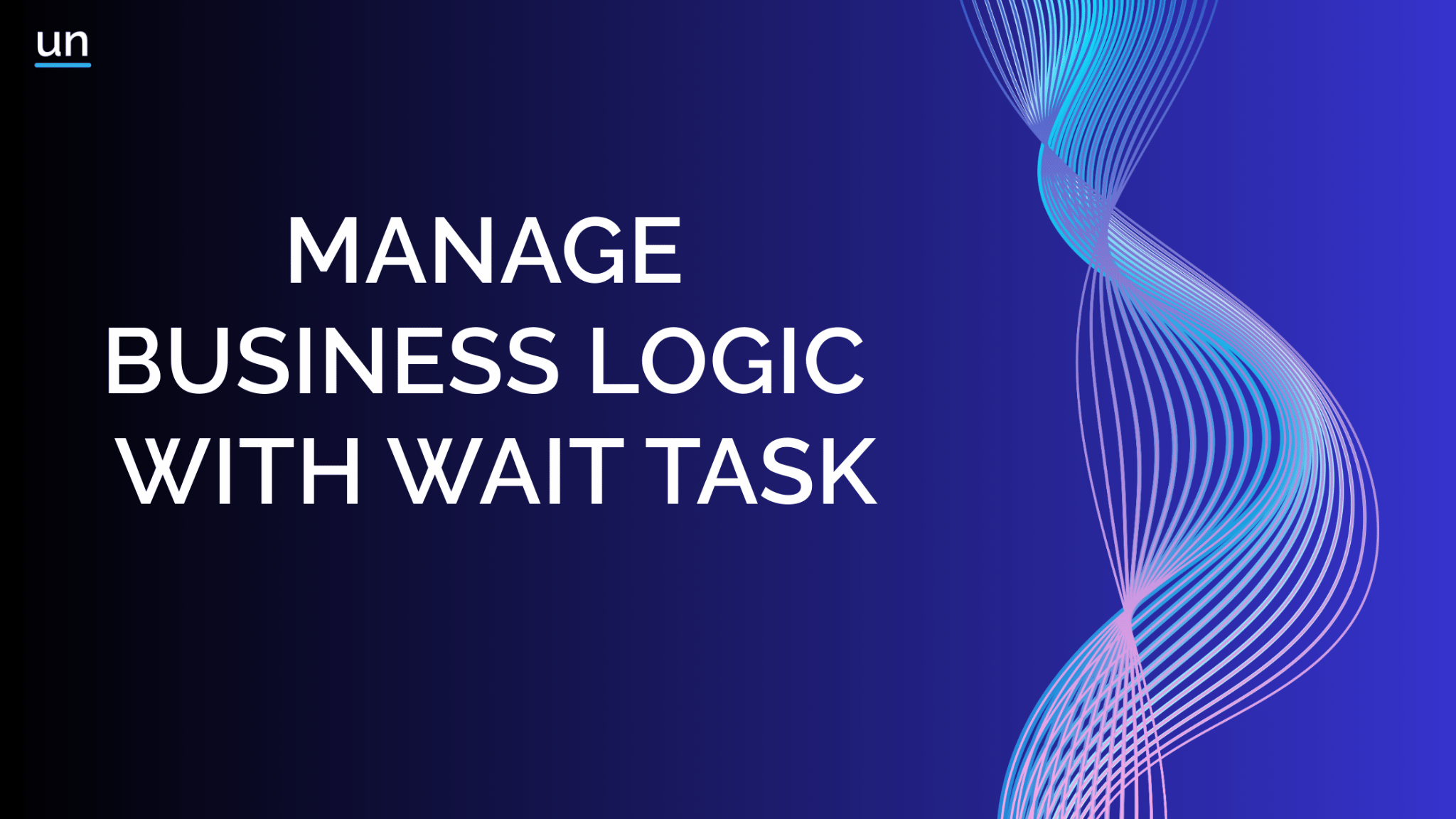Chaining REST API Calls Using Unmeshed
Using orchestration platform created by Unmeshed, a simple use case demonstrates how to set up HTTP GET request and run it successfully. A simulation on e-commerce scenario with multiple service calls, showing how to pass context between them.
Introduction
This article explains how to build a multi-step, chained REST API workflow using the Unmeshed orchestration platform. It highlights how developers can simplify backend integrations by passing context between steps and chaining external service calls with no code.
Purpose
The goal is to demonstrate how to visually compose and orchestrate multiple API calls that depend on each other, using no-code/low-code workflow orchestration.
Intended Audience and uses
- Backend developers
- Platform and DevOps engineers
- API integration teams
- Technical architects seeking modern orchestration solutions
This use case focuses on chaining three HTTP GET calls:
- Help teams replace hand-written glue code with reusable workflows
- Accelerate integration between microservices and external APIs
- Showcase how Unmeshed can simplify orchestration for teams using REST APIs

user_service– fetch user detailsurder_service– retrieve orders based on user statusshipping– check shipment status based on order ID
Definitions
- Task: A single unit of execution in Unmeshed (e.g., HTTP call, function)
- Process Definition: The structure of the workflow defined visually or in JSON
- Step Context: The execution output from a prior task
{{ }}: Used to reference dynamic data from previous steps
Overall Description
The user builds a process in Unmeshed by dragging in three HTTP GET tasks. Each task calls a different endpoint. Outputs from one task are passed into the next using context variables (e.g., {{ steps_user_service.output.statusCode }}). The entire workflow is saved, executed, and validated within the Unmeshed platform.
User Needs
- Reduce time spent writing glue code between APIs
- Visually understand and debug multi-step service interactions
- Build reusable processes with environment-agnostic configuration
Assumptions and Dependencies
- Each service has a valid API endpoint and returns JSON
- Output fields like
statusCodeorrandomIdare consistently structured - Unmeshed has access to call the APIs (authenticated or public)
System Features and Requirements
Functional Requirements
- Create and save process definitions in Unmeshed
- Chain REST API calls using HTTP GET tasks
- Reference dynamic outputs using double curly brackets
- Execute and observe output in the execution view
External Interface Requirements
- REST API endpoints for each service (
User,Order,Shipping) - The JSON response should contain identifiable fields such as
statusCodeandrandomIdthat can be referenced between steps
System Features
- Drag-and-drop process builder – no code required and great for cross-functional teams
- Visual execution trace with response data – debugging, performance tuning and auditing
- JSON export/import for CI/CD integration – enables infrastructure-as-code
Non-functional Requirements
- Must execute each step in under 1 second for this use case
- Steps should be independently executable and debuggable
- Workflow definitions should be portable across Unmeshed instances
This use case illustrates how Unmeshed empowers developers to build and orchestrate API workflows visually, with clean separation of logic and integration, thereby reducing operational complexity and improving delivery velocity.


